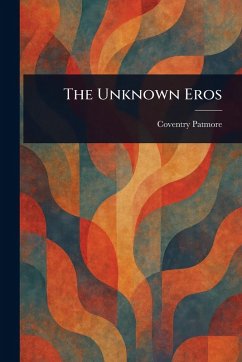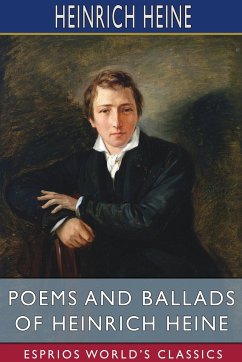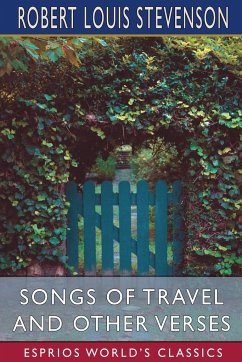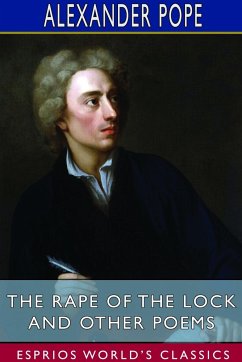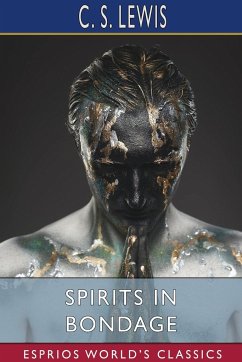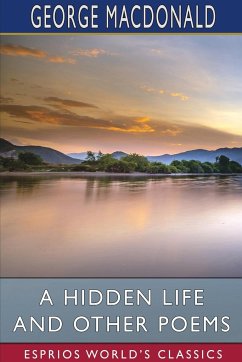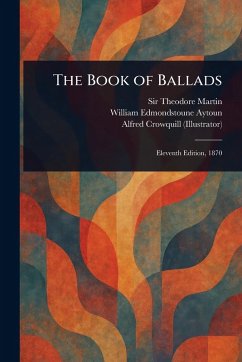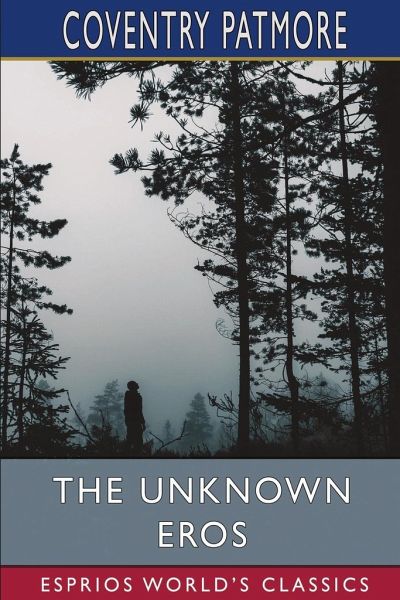
The Unknown Eros (Esprios Classics)
Versandkostenfrei!
Versandfertig in 1-2 Wochen
20,99 €
inkl. MwSt.
Weitere Ausgaben:

PAYBACK Punkte
10 °P sammeln!
Coventry Kersey Dighton Patmore (23 July 1823 - 26 November 1896) was an English poet and critic best known for The Angel in the House, his narrative poem about the Victorian ideal of a happy marriage. As a young man, Patmore found employment in the British Museum. Upon the publication of his first book of poems in 1844, he became acquainted with members of the Pre-Raphaelite Brotherhood. After the death of his first wife, the grief of loss became in great measure his later theme. Patmore is today one of the least-known but best-regarded Victorian poets.




